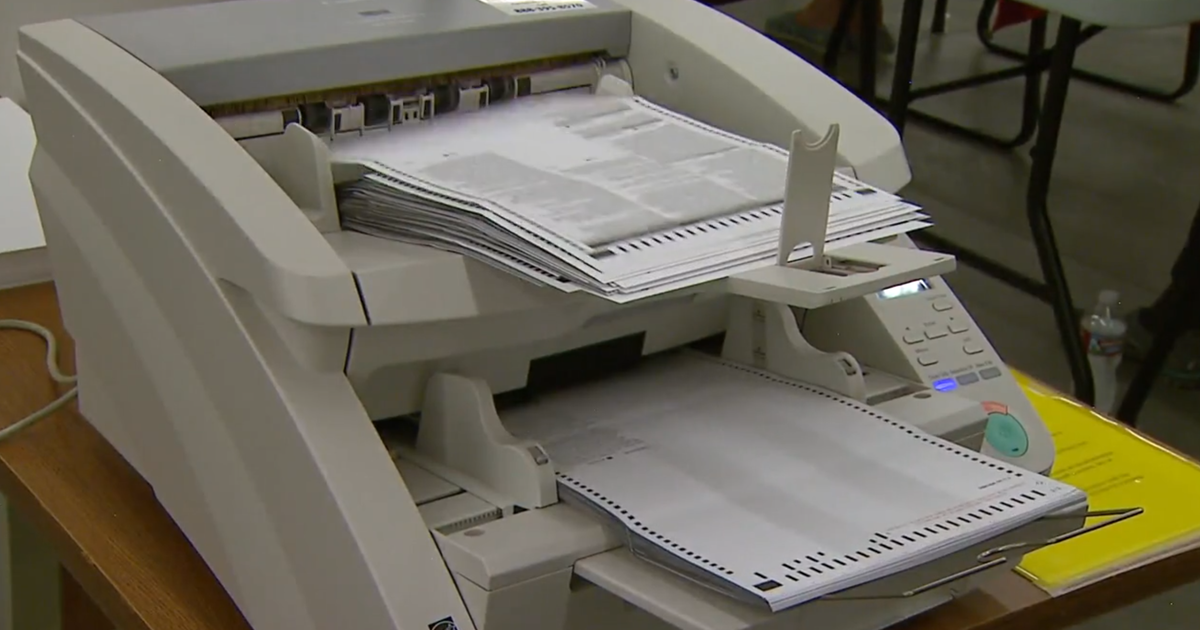Colorado Sues JUUL For Targeting Youth In Marketing, Misrepresenting Health Risks
DENVER (CBS4)- Colorado filed a lawsuit against JUUL on Tuesday after a yearlong investigation. The lawsuit alleges that the e-cigarette company used deceptive advertising to target youth and downplayed its addictive nicotine concentration and health risks.
Colorado Attorney General Phil Weiser says the complaint alleges that from 2015 to present, JUUL also falsely suggested its usage as a health alternative to smoking cigarettes which violates the Colorado Consumer Protection Act.
"Addiction to e-cigarettes poses major health risks to Colorado youth," Weiser said in a statement. "JUUL must be held accountable for its reckless, deceptive, and unconscionable marketing that specifically targeted youth, downplayed its nicotine content and the presence of dangerous chemicals, and deceptively claimed its products as a healthy alternative to cigarettes and as a smoking cessation device."
In July 2018, Colorado led the nation in youth vaping, with 27% of high school students admitting they vaped in the past month, which at the time was nearly double the national rate.
The complaint also alleges that JUUL intentionally designed its devices to look like a USB flash drive to make it more appealing to youth and harder for parents and teachers to recognize. JUUL also sold flavors like Fruit Medley and Cool Mint which are considered more attractive to the younger population.
According to the lawsuit, JUUL used brand ambassadors who were instructed to look for "cool kids" to hand out free samples at convenience stores. JUUL also recruited influencers on social media to help spread the word about its product to reach youth.
The complaint alleges that JUUL used its products as a "smoking cessation product" and "modified risk tobacco product" to make is seem as though e-cigarettes were a less harmful choice.
JUUL is also accused of running a fake smoking cessation website Quit Smoking Community that appeared to be operated by a nonprofit group to help smokers but was actually a tool for the company's marketing. The site was operated by a search engine optimization consultant that was paid hundreds of thousands of dollars by JUUL.
According to the lawsuit, "In its social media advertising and promotions, JUUL often failed to disclose that its product contained nicotine and downplayed its extremely high nicotine content. When JUUL introduced its e-cigarette product on the market, it was almost 20 times the nicotine of its 'easy to inhale' competitors."





